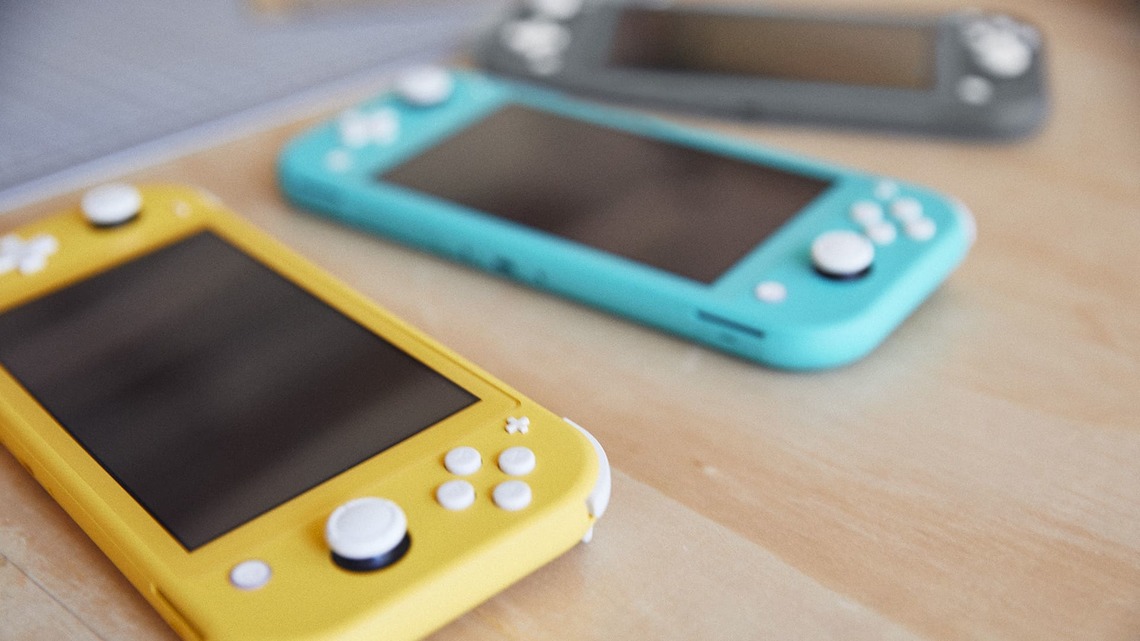Nintendo and Tencent to Shed Light on Risky China Switch Launch

Nintendo and Tencent's plans to bring the Switch to China have shifted up a gear as the partners announce a joint press event next week. | Source: Shutterstock
Following rife speculation, the partnership between Nintendo and Tencent to bring the Switch console to China has shifted up a gear.
As reported by Niko Partners Analyst Daniel Ahmad and in a joint announcement on Chinese social media platform Weibo, Tencent’s senior VP Steven Ma and Nintendo senior executive officer Satoru Shibata will take to the stage on Aug. 2 during the upcoming China Joy event in Shanghai to host a joint press conference.
The partners are expected to officially shed new light on the forthcoming Switch launch in China. This is the first concrete news since the announcement of the partnership back in April shortly after Tencent received official approval from the Chinese government to sell the console.
Whether Nintendo’s foray into the Chinese market includes both the standard Switch model and the recently announced portable Switch Lite is unclear. The same applies to whether the event will unveil a lineup of games to coincide with the launch.
Breaking Into the Chinese Gaming Market
The Chinese market is notoriously difficult to break into, and Tencent is becoming the primary vector through which international companies are getting their foot in the proverbial door. The main barrier to entry is China’s strict laws and approval process, which Tencent has extensive experience navigating. The massive appeal of League of Legends and PUBG in China are examples of just how instrumental the company is in bringing over Western-published titles to the Chinese market.
Until 2014, the Chinese government effectively banned consoles from the country due to concerns surrounding harmful content reaching younger audiences. Since then, console manufacturers, chiefly Sony and Microsoft, have made steady, if unimpressive, progress in establishing a legal console gaming market. A grey market mainly centered on the games themselves remains prevalent.
Nintendo is well aware it is facing an uphill battle, as Nintendo president Shuntaro Furukawa pointed out in May;
“The reality is that the Chinese games market is almost all mobile games and PC games. The market for dedicated video game platforms has not been very large, so we recognize that this will be a new challenge for us.”
Although the popularity of consoles pales in comparison to PC gaming within China, all signs point toward significant growth in the coming years.
According to insight firm Niko Partners, console hardware revenue was $767.1 million in 2018 with an expected upswing to $851.1 million for this year. Additionally, China has a player base of 620 billion responsible for $37.9 billion of total global gaming revenue last year, gifting Nintendo a strong starting point.
Nintendo Needs to Rival Mobile’s Popularity
The problem will be enticing players over from the low-cost landscape of mobile gaming and the widely adopted free-to-play model. The majority of Chinese players aren’t accustomed to paying hundreds of dollars for a gaming platform.
The lower cost of the Switch compared to PlayStation 4 and Xbox One should help but is only one part of the puzzle.
Nintendo has a string to its bow that Western console manufacturers lack – a library of Switch exclusives infused with the charming and colorful idiosyncrasies that define Nintendo’s intellectual properties.
Mario and Zelda games alongside distinctly East Asian-inspired RPGs are expected to align more or less with Chinese culture more and appeal to the market, which should ease passage through the government’s notoriously stringent vetting process. A go-ahead for a trial of Super Mario Mario Bros. U Deluxe should set the standard for this going forward.
Nintendo’s success in China can only be quantified and assessed with time, but if the Switch is a hit with Chinese gamers, it will bolster Nintendo’s waning sales and help dampen the effects of the Joy-Con controversy currently plaguing the company.
